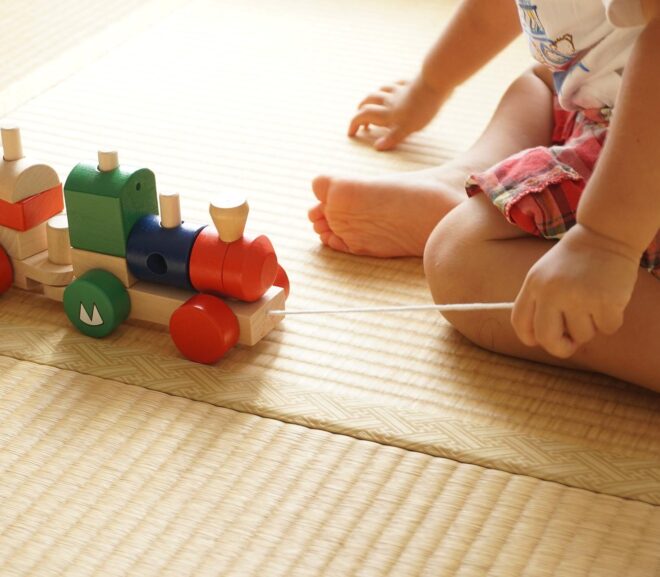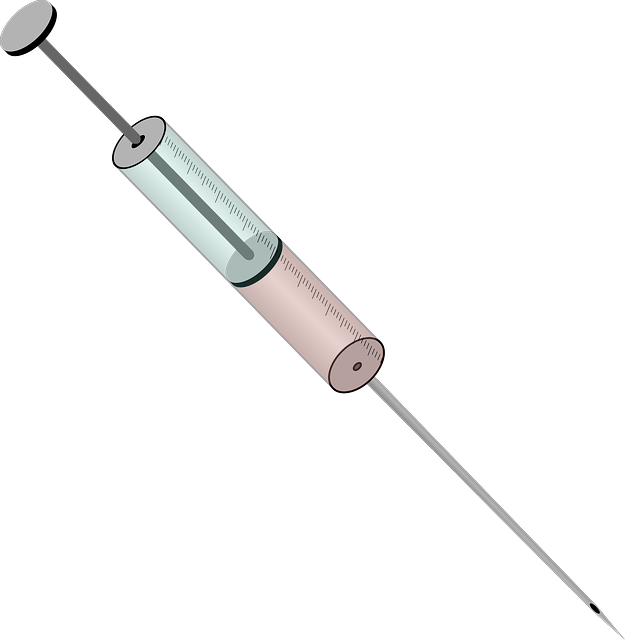Why parents of autistic kids need to be cautious and thoughtful about the therapies they consider for their children.
Tag: chelation
Things that seem to good to be true usually are, yet when it comes to alternative medicine far too many people put their faith in belief and testimonials rather than science. Dr. Paul Offit’s must-read book, Do You Believe in Magic? takes on alternative medicine’s producers and practitioners, explaining why their products and therapies are generally not better and certainly not safer than traditional approaches. Yet his approach is compassionate — he understands that people want guarantees, hope, and sympathy, and will go elsewhere if traditional medicine can’t provide those things. We talked with Dr. Offit about all these topics, as well as whether or not alternative approaches do have some legitimate benefits, and how his own thinking about alternative approaches changed while he was writing and researching Do You Believe in Magic? TPGA: Many folks view the alternative medicine industry as a group of outlaw heroes, who give…
Emily Willingham www.emilywillinghamphd.com www.forbes.com/sites/emilywillingham Image source: pixabay.com Chelation is a “treatment” for autism promoted by the likes of Jenny McCarthy’s Generation Rescue group and others in which a chemical that binds metals is (usually) injected or infused into an autistic child with the intent of removing said metals from the blood. Now a review of the scientific studies on chelation and autism has concluded that not only is chelation ineffective, it can be dangerous. Indeed, chelation appears to be a case study of the dangers in using children as guinea pigs for random autism-causation hypotheses with no basis. According to Tonya Davis, Ph.D., lead author of the paper, quoted in a news story about the publication: “Chelation therapy represents the ‘cart before the horse’ scenario where the hypothesis supporting the use of chelation was not validated prior to using it as a form of treatment. Evidence does not support the hypothesis…

